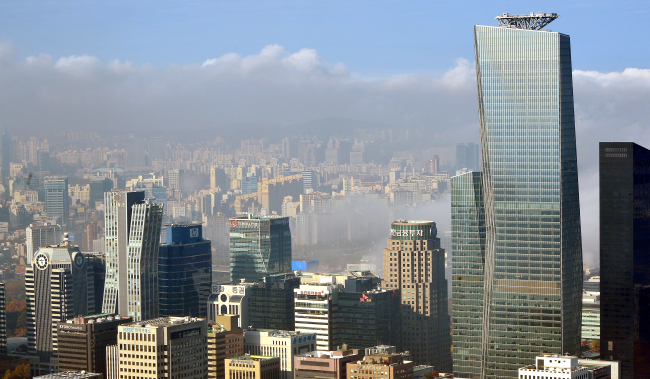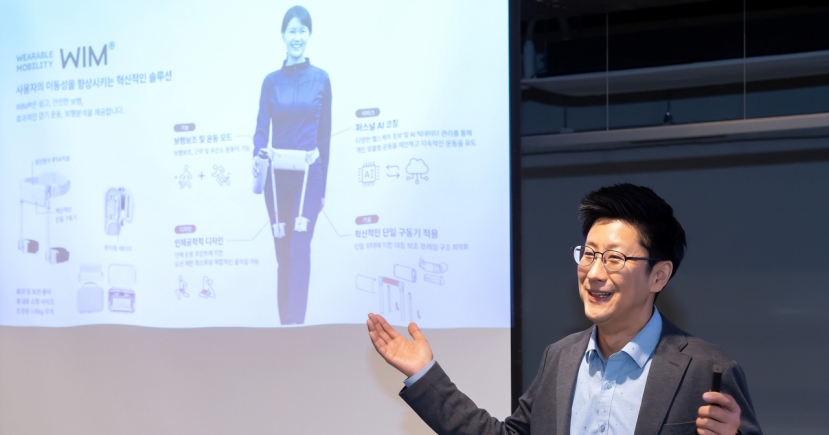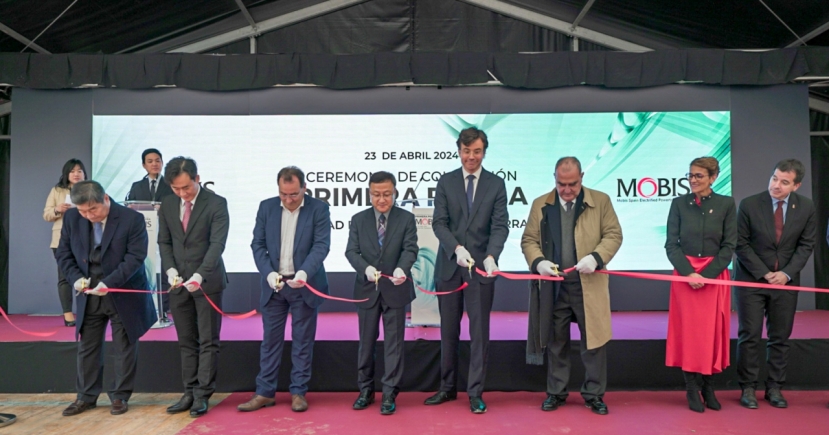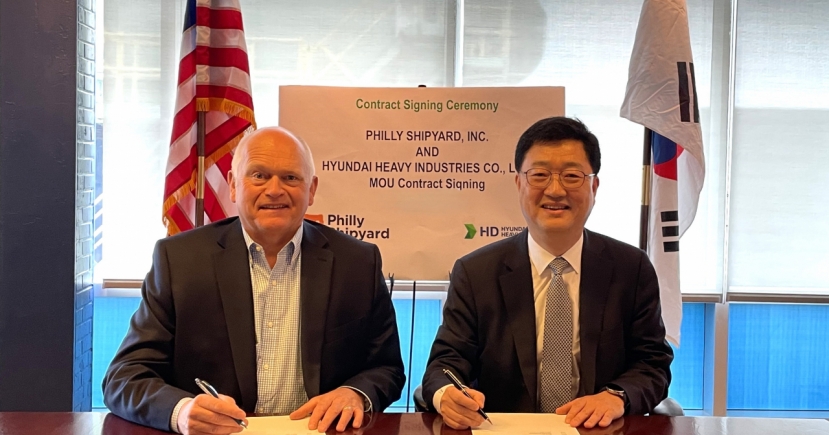Economy
Trump’s TPP abandonment fans trade fears in Korea
[THE INVESTOR] On his first full weekday in office on Jan.23, US President Donald Trump signed an executive action to abandon a multilateral trade deal involving 12 countries, underlining his tough trade policy and raising concerns over a possible renegotiation of the South Korea-US Free Trade Agreement.
 |
The Trans-Pacific Partnership, a free trade pact between 12 Asia-Pacific countries and a legacy of former President Barack Obama, was signed in February 2016 after five years of negotiations. It was considered a strategic move against China.
Trump and his economic advisors have showed their strong opposition to free trade deals -- which have been a global trend since the mid-2000s -- citing a growing trade deficit with its trade partners. In addition to withdrawing from the TPP, the Trump administration also vowed to renegotiate the North American Free Trade Agreement.
As the US drops out from the deal -- a fast execution of one of Trump’s campaign pledges -- concerns are raising here over a possible renegotiation of the South Korea-US Free Trade Agreement.
Peter Navarro, who will lead the new National Trade Council, last year called NAFTA, the World Trade Organization and the Korea-US Free Trade Agreement the three worst trade deals in history.
“The entire scrapping of the trade deal seems unrealistic but it is possible that the US might ask for a renegotiation of the trade deal with bigger openness in service sectors such as finance, health and law,” said Oh Jun-beom, a senior researcher at Hyundai Research Institute.
Some are adopting a cautious stance on the possibility.
“Trump did mention the Korea-US FTA during the campaign, but he has not mentioned it since he was actually elected,” an official at the Ministry of Trade, Industry and Energy said on Jan.24.
Hyundai Research Institute’s Oh also agreed. “If renegotiated, if would be after the Trump administration handles NAFTA and TPP issues and China, which has a bigger trade surplus than South Korea,” Oh said.
Over in Washington, the reaction was mixed. Democratic Sen. Bernie Sanders welcomed the move while Republican Sen. John McCain lamented it.
“Now is the time to develop a new trade policy that helps working families, not just multinational corporations,” Sanders said in a statement. “For the past 30 years, we have had a series of trade deals … which have cost us millions of decent-paying jobs and caused a ‘race to the bottom,’ which has lowered wages for American workers.”
McCain said in a statement, “This move to withdraw from the TPP is serious mistake that will have lasting consequences for America’s economy and our strategic position in the Asia-Pacific region.”
The member countries of the TPP showed their willingness to continue the trade pact without the world’s biggest economy and open their doors to other nations.
Australian Trade Minster Steven Ciobo said during a radio interview on Jan.24 that there is scope for China to join the TPP.
The remaining 11 member countries include Australia, Brunei, Canada, Chile, Japan, Malaysia, Mexico, New Zealand, Peru, Singapore, and Vietnam. Japan ratified the treaty on Jan.21, becoming the first country to do so.
Meanwhile, South Korean Trade Minister Joo Hyung-hwan on Jan.23. said he will visit the US soon to seek ways to expand bilateral cooperation with the new US administration.
Joo said the Seoul government remains open to every possibility and is preparing for every possible scenario, as the new US administration’s trade policies still remain uncertain.
By Park Ga-young /The Korea Herald (gypark@heraldcorp.com)








